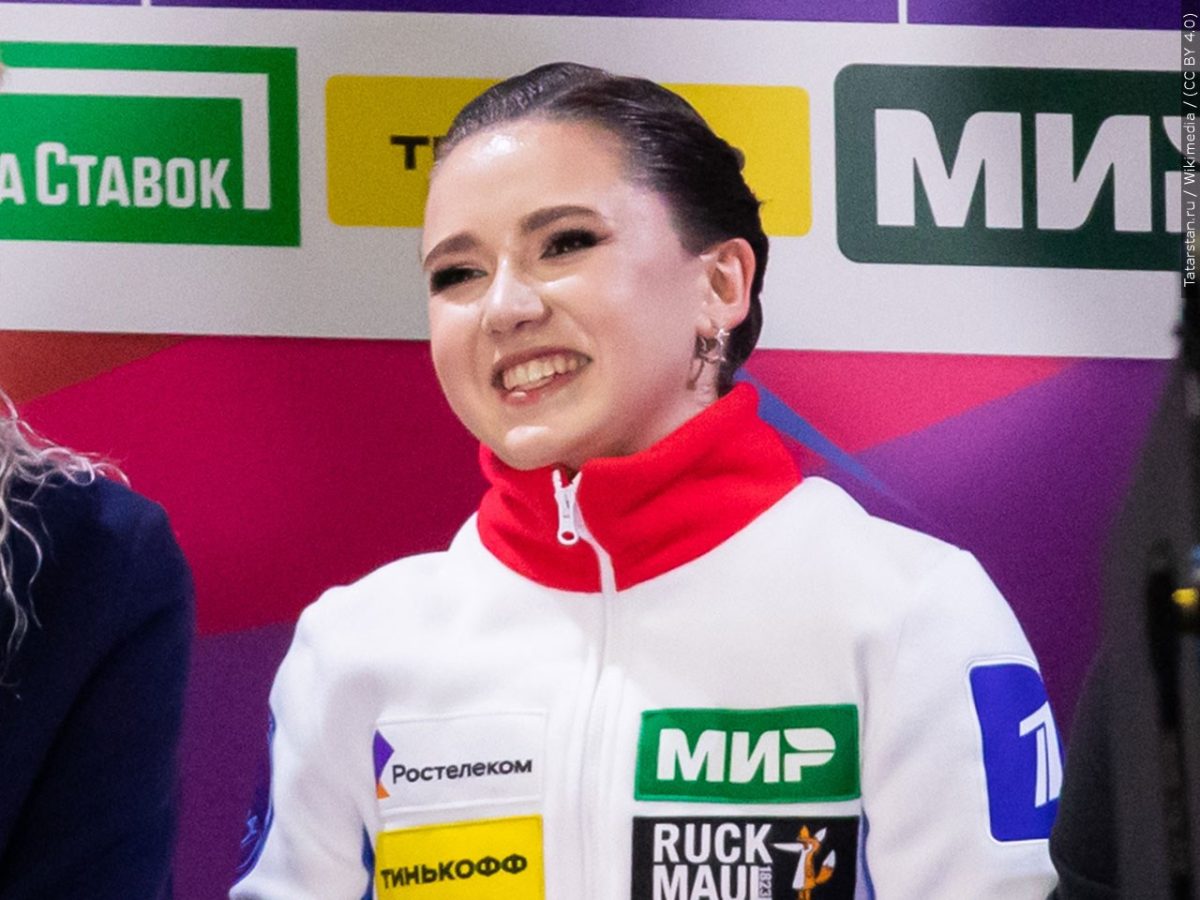Russian Olympic figure skater Kamila Valieva has officially been banned from competing for four years due to a positive drug test. Valieva tested positive for a banned heart medication on Dec. 25, 2021. The test results were not sent back to a lab in Stockholm, Sweden, until six weeks later, during the 2022 Beijing Olympics.
According to the Guardian, the positive test was blamed on her grandfather allegedly accidentally dropping a pill into a strawberry dessert he had made. The grandfather was said to have used a cutting board that had crushed residue of the pill, and it got into the dessert. The highest court rejected this statement and banned her from figure skating for four years.
Valieva tested positive for trimetazidine, which was found in the strawberry dessert given to her by her grandpa. Trimetazidine is a metabolic modulator which is meant to prevent angina attacks and help maintain the energy metabolism of the heart muscle cells. It allows more blood flow to your heart. This drug is said to increase physical performance.
“I think the situation is not great,” said Brooke Mooney, a senior mass communication major and cross country runner. “As an athlete, with strict rules from the NCAA, I can see how serious this situation is. The rules athletes are required to comply with are there to keep the authenticity of the sport and make sure all athletes are on a fair playing field.”
The Court of Arbitration for Sport posted their ruling, and it explained why the judges refused the argument and chose to ban her from her sport. The judges made it clear that there were too many unanswered questions and not enough evidence to believe the story.
Valieva had already skated in the event, which helped her team win the gold. She was also allowed to continue to compete in the women’s individual competition. The gold title was stripped from the Russian team by the International Skating Union after the positive test. This then made the United States gold champions, Japan received silver and Valieva’s team was given the bronze.
“They should test or continue drug testing before every event so that if there is any thought of drugs being used, they can take care of it,” said Alexa Geary, a senior exercise science major and GC basketball player.
This is not the first time this has happened to Russia. In the 2014 Sochi Winter Olympics, it was reported that dozens of Russian athletes, including gold medal winners, were a part of a state-run doping program.
In 2020, the Court of Arbitration upheld these sanctions. This led to the creation of the Russian Olympic Committee to still allow Russian athletes to compete. The ban was supposed to be four years, but it was shortened to two years, making the athletes eligible to play in international sporting events in 2022.
“I think it portrays a bad image of Russia since their athletes have been caught multiple times,” Mooney said. “I believe they have strong and amazing athletes, but outside pressures can cause athletes to feel the need to use prohibited drugs.”
The suspension of Valieva from Russian figure skating amid doping accusations emphasizes the significance of upholding the integrity and equity of sporting events.


